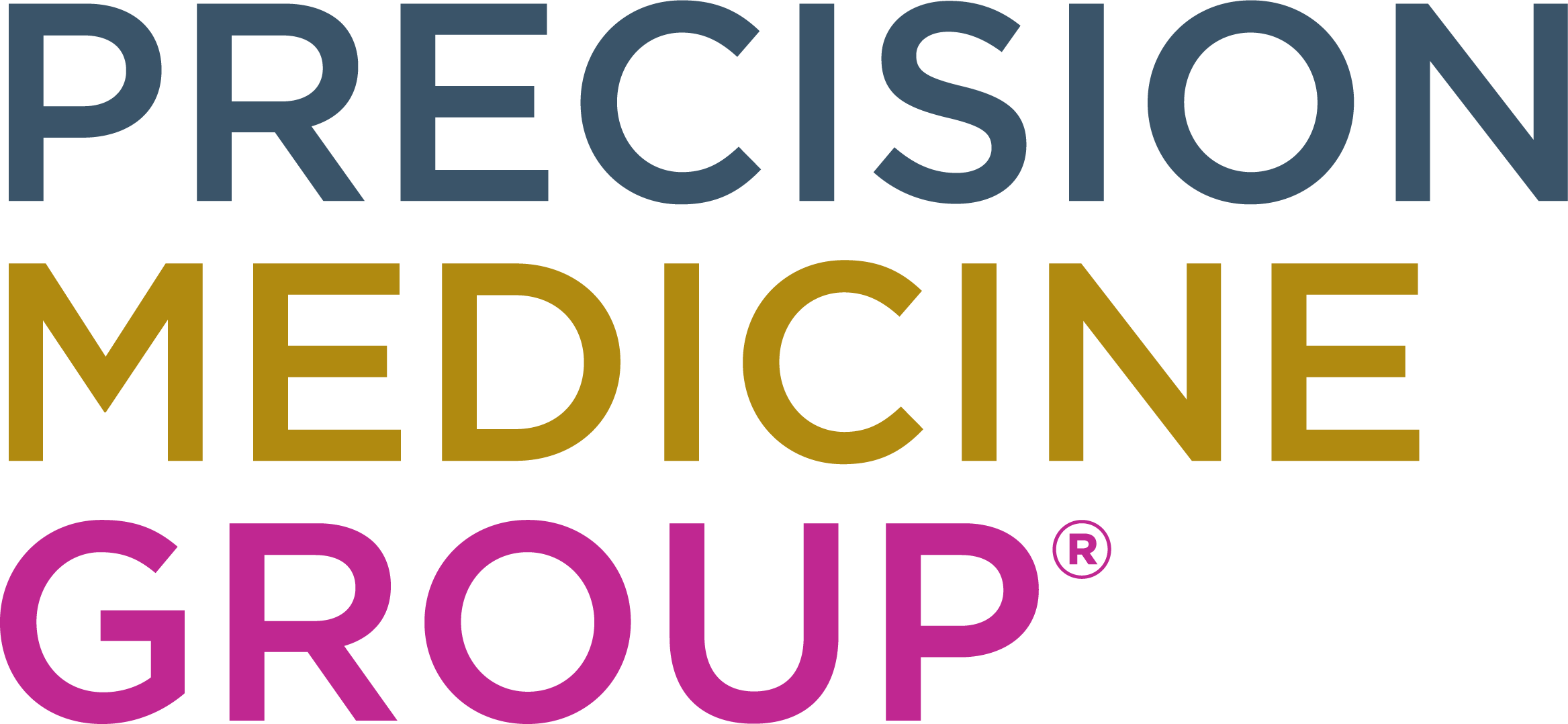
Clinical System Administrator
Position Summary: The primary responsibility of the Clinical Systems Administrator is to provide business administration support for the Sponsor’s clinical systems, including but not limited to eTMF/CTMS, IRT and EDC systems (i.e., Veeva Clinical Vault and Medidata CTMS). The Clinical Systems Administrator will work with the Clinical Systems Manager/Sr. Manager and Project teams to ensure on-time deliverables and provide clinical systems user support as outlined below.
Essential functions of the job include but are not limited to:
- Responsible for User Access management for internal, sponsor and 3rd party access requests to the Clinical Systems and other business systems.
- Manages the data entry into the Global Directory within Precisions Clinical System of all Sites, Institutions and update as required.
- Manages the creation of studies, countries and sites within the Clinical System
- Responsible for resolving help desk tickets assigned, either by answering questions, trouble shoot problems or identify system performance issues or deficiencies.
- Perform Clinical System modifications and updates to picklists, field requirements
- Manages the review of Clinical System processes and procedures
- Supports with initiating the integrations between the Clinical system and Electronic Data Capture system
- Performs archival steps within the Clinical System as the request was received.
- Support the leads or manager in any ad-hoc tasks assigned
Qualifications:
Minimum Required:
- Degree, or equivalent experience ideally in a business, scientific or healthcare discipline
- 0-5 years of experience with Clinical Systems
Preferred:
- Experience in clinical trial systems (e.g., CTMS, EDC, eTMF and RTMS) with detailed understanding of requirements gathering, documentation, configuration and integration.
Skills:
- Ability to resolve issues independently with good judgement to escalate appropriately.
- Ability to learn new systems and integration requirements.
- Strong interpersonal, verbal and written communication skills
Any data provided as a part of this application will be stored in accordance with our Privacy Policy. For CA applicants, please also refer to our CA Privacy Notice.
Precision Medicine Group is an Equal Opportunity Employer. Employment decisions are made without regard to race, color, age, religion, sex, sexual orientation, gender identity, national origin, disability, veteran status or other characteristics protected by law. © 2020 Precision Medicine Group, LLC
If you are an individual with a disability and require a reasonable accommodation to complete any part of the application process or are limited in the ability or unable to access or use this online application process and need an alternative method for applying, you may contact Precision Medicine Group at QuestionForHR@precisionmedicinegrp.com.
It has come to our attention that some individuals or organizations are reaching out to job seekers and posing as potential employers presenting enticing employment offers. We want to emphasize that these offers are not associated with our company and may be fraudulent in nature. Please note that our organization will not extend a job offer without prior communication with our recruiting team, hiring managers and a formal interview process.
Apply for this job
*
indicates a required field